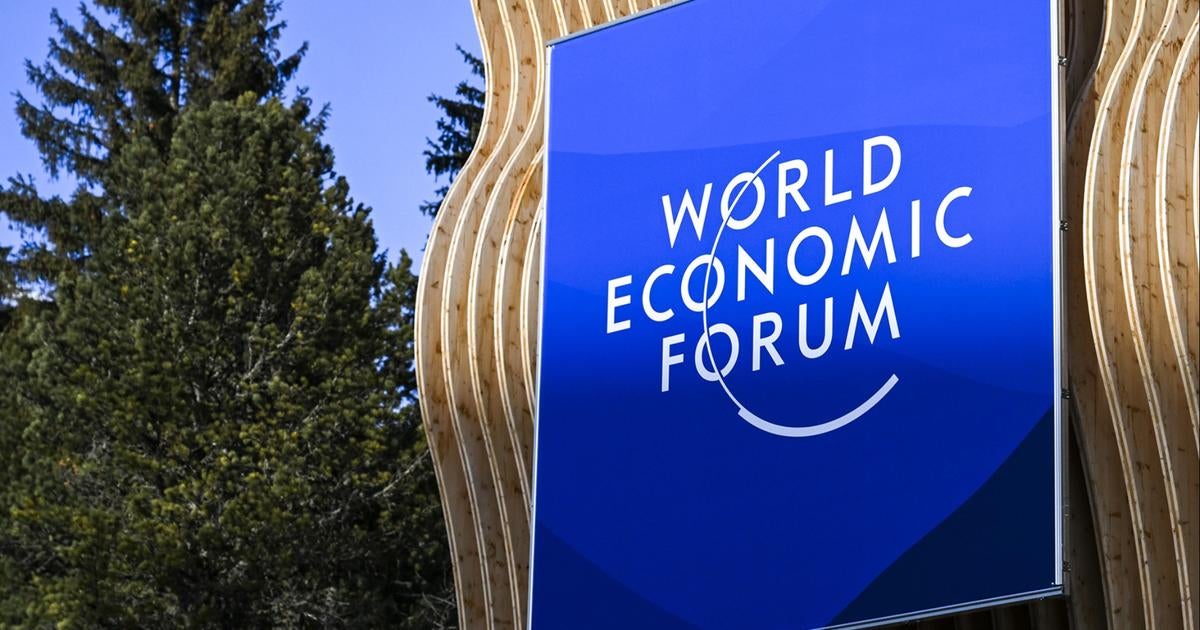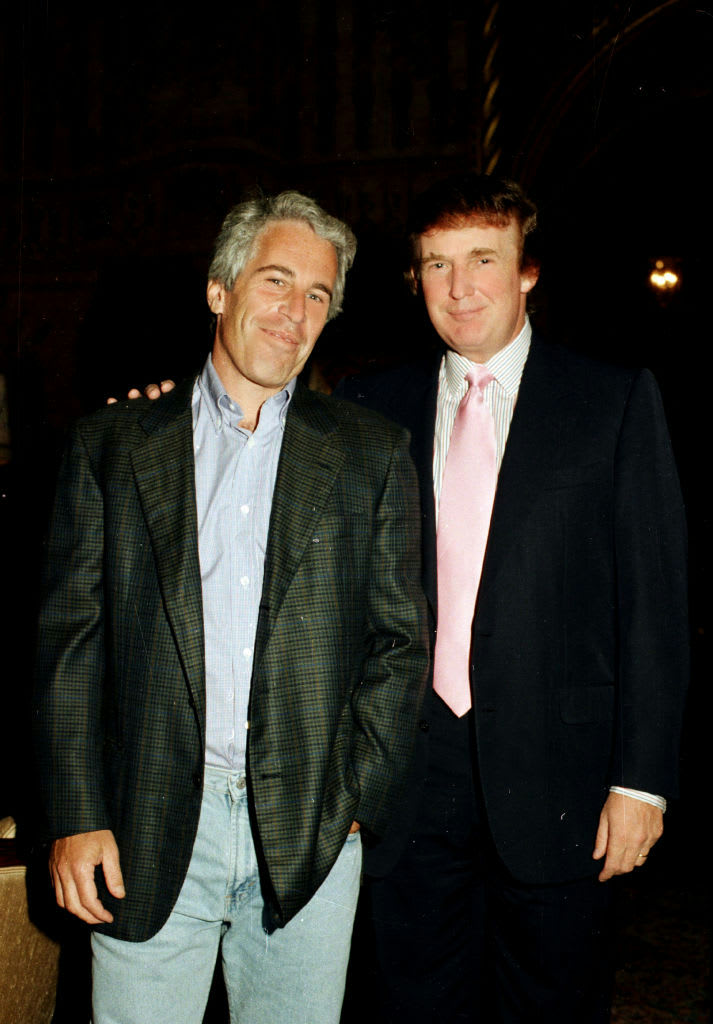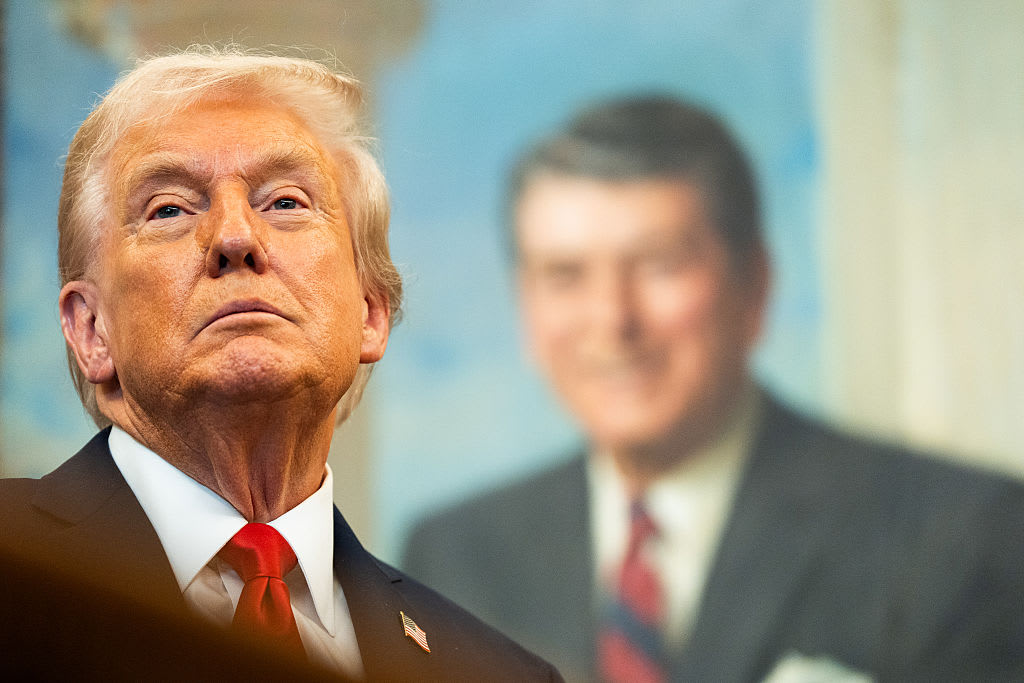Former Obama adviser says Trump's trade policy won't pay off
A former White House economic adviser is cautioning President Donald Trump against alienating key U.S. allies and trading partners.
"Most presidents find at sometime during their presidency they need other countries -- militarily, economically -- and it pays off to have a spirit of working together," Gene Sperling told CBS MoneyWatch.
Interviewed at the World Economic Forum in Davos, Switzerland, Sperling offered a critical assessment of Trump's much anticipated speech to the gathering. The keynote by the U.S. president proved to be a toned-down version of the economic populism and trade protectionism that Trump delivered along the campaign trail leading up to his success in the 2016 presidential election.
"While he was not as perhaps divisive as he may have been in other speeches, I also don't think he did much to give a sense that he understands that you can be for America and believe that cooperating with the rest of the world is positive for everybody," said Sperling, who advised the Clinton and Obama administrations.
Many global leaders and citizens view Trump "as somebody who sees the world as a zero-sum game, where any benefit for one country comes at the expense of another," he added.
That said, Sperling voiced support for the president's stance in regards to Beijing, saying the U.S. is justified in "fighting against unfair trade practices by China," which includes allegations involving the dumping of steel and aluminum.
"One area where I probably do have a little bit of agreement with Donald Trump is I do believe we needed to be tougher on China, on trade, so I do support that," said Sperling. "We should take a tougher line with China."
During Trump's first year in office, U.S. Trade Representative Robert Lighthizer has taken on an increasingly prominent role in shaping U.S. relations with China, overtaking the more accommodating views of Commerce Secretary Wilbur Ross and economic adviser Gary Cohn.
Still, the Trump administration should signal that it is willing to play by the rules and should avoid a reckless decision such as "pulling out of NAFTA, as opposed to trying to improve it," contended Sterling.
And, while there was concern that Trump's "America First" message would not go over well among the globalist club of corporate elites in Davos, the recent $1.5 trillion tax cut found a receptive audience.
In Sterling's view, the legislation simply allows the largest U.S. companies to buy back more stock, increase dividends and offer one-time bonuses to their employees. He noted, "These workers could have done a lot better if [lawmakers] had simply given all of the tax cut directly to the middle class."
"Davos may be a place where that tax cut is most popular because some of the greatest beneficiaries are here," he said, adding: "I don't think in the long term it's going to be a good thing for our country."





